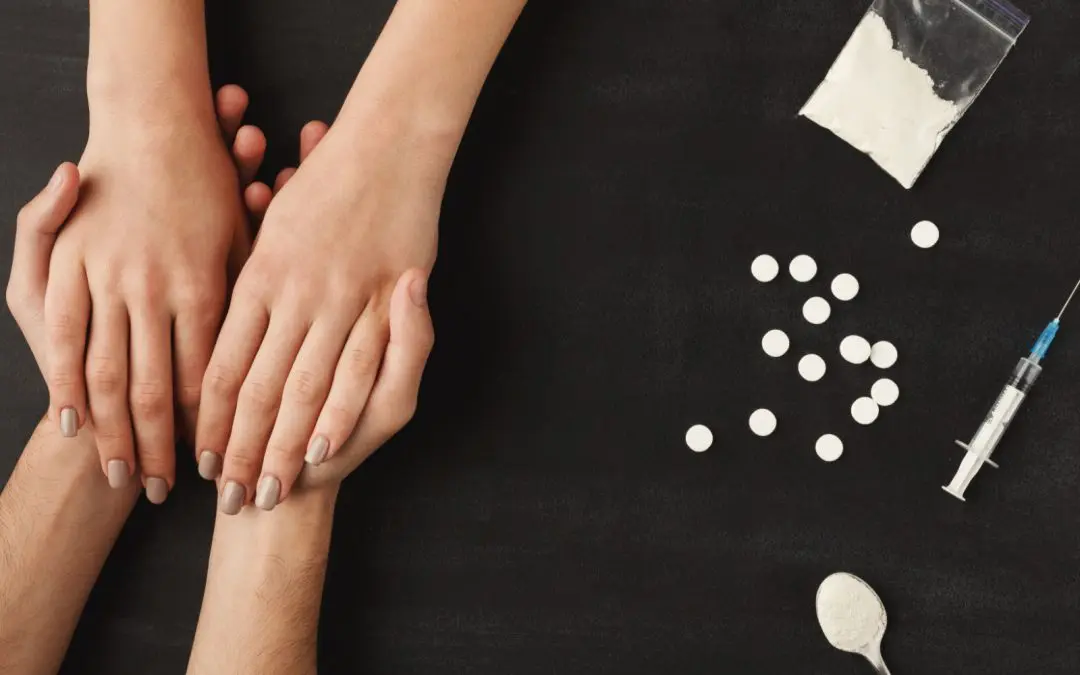24/7 Helpline:
(866) 899-221924/7 Helpline:
(866) 899-2219
Learn more about Individual Therapy centers in Columbia County

Other Insurance Options

Private insurance

Self-pay options

Health Choice

Carleon

Magellan Health

Sliding scale payment assistance

Medical Mutual of Ohio

Humana

Magellan

State Farm

Aetna

Lucent

Ceridian

EmblemHealth

Ambetter

Kaiser Permanente

UMR

AllWell

Evernorth

UnitedHealth Group




































































































Columbia Community Mental Health
Columbia Community Mental Health provides behavioral health services in an outpatient setting for ch...

Columbia Community Mental Health
Columbia Community Mental Health provides behavioral health services in an outpatient setting for ch...

Columbia Community Mental Health
Columbia Community Mental Health provides behavioral health services in an outpatient setting for ch...























